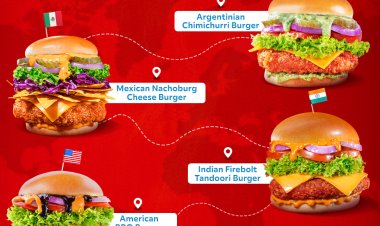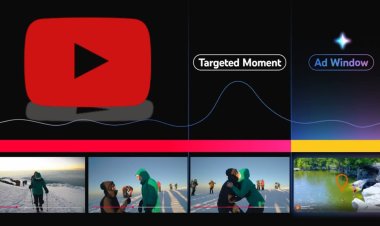Meta to feature alcohol, gambling ads in India, APAC, LATAM
The policy is generating discussion on its potential impact on public health, industry dynamics, and shifts in consumer behavior across affected regions

On Tuesday, August 20, social media giant Meta announced a significant change to its advertising policy, revealing that from August 27, 2024, it will begin showcasing advertisements from alcohol and real money gambling sectors across India, the Asia-Pacific (APAC) region, and Latin America (LATAM).
This move represents a notable shift in Meta's approach to advertising, sparking widespread debate about its potential implications for public health, industry dynamics, and consumer behavior. The change has raised concerns about how these ads might influence audiences, given the known risks associated with alcohol consumption and gambling.
A senior digital expert confirmed the report, explaining that the advertisements will predominantly appear on Facebook and Instagram. Additionally, brands will be able to establish direct communication and build relationships with their audiences through WhatsApp messaging. While most of these ads are expected to be in video format, there will be some degree of banner advertising, particularly for real money gambling, on WhatsApp. However, the expert clarified that direct communication via WhatsApp will not be permitted for alcohol-related ads.
This update follows the Indian government's recent decision to ban liquor manufacturers from using surrogate advertisements and sponsoring events to promote their primary alcoholic products. According to new draft regulations, companies such as Carlsberg, Pernod Ricard, and Diageo could face fines of up to ₹50 lakh if they continue promoting their main products through surrogate ads in India, as reported by Reuters.
Meta's decision to allow these ads has prompted industry leaders to question whether the company is, in effect, normalizing behaviors that are widely recognized to have serious health and social consequences. This shift in advertising strategy by a major platform like Meta has the potential to influence industry standards and consumer expectations, making it a topic of significant concern and discussion.

 Sumit Rawat
Sumit Rawat 










